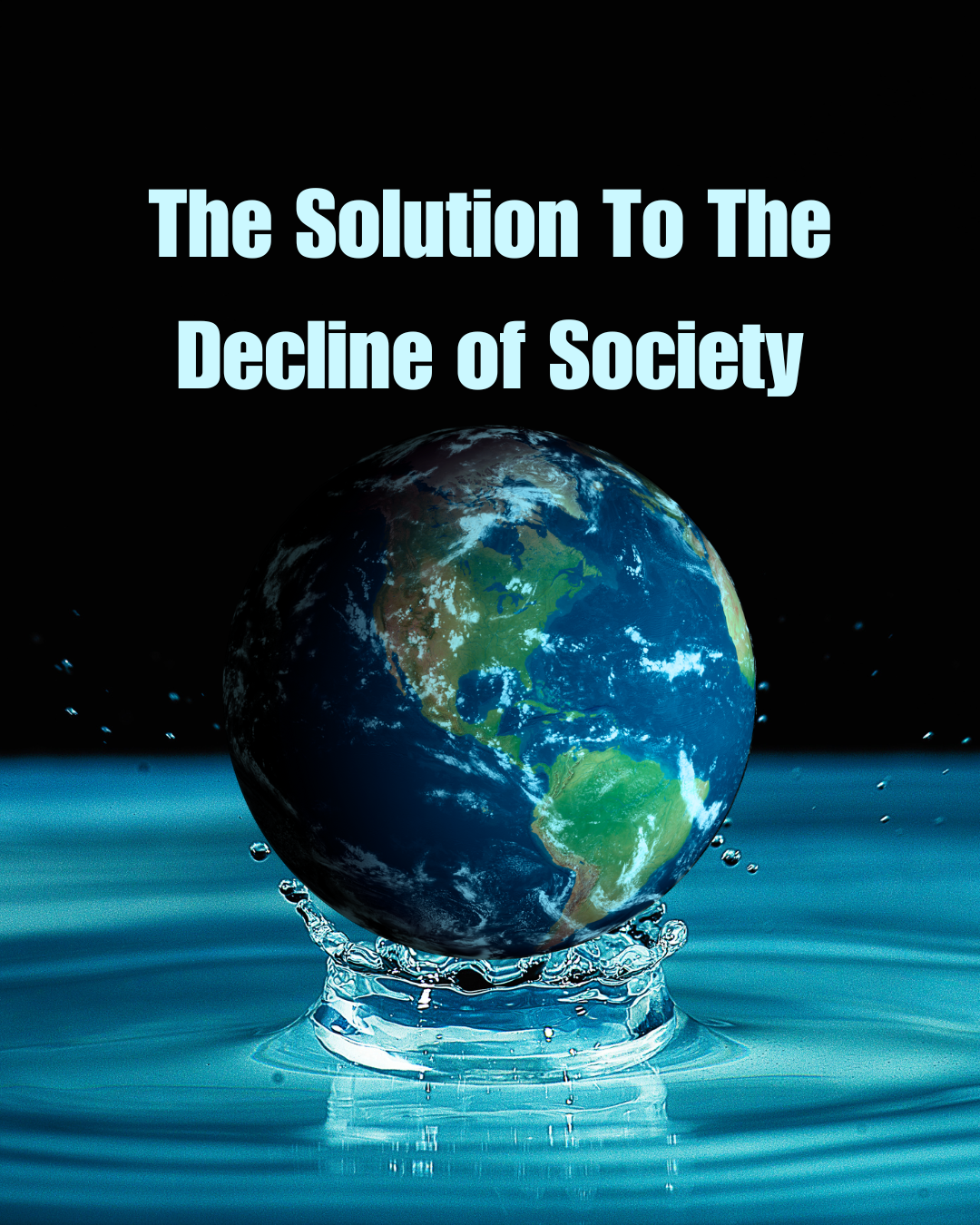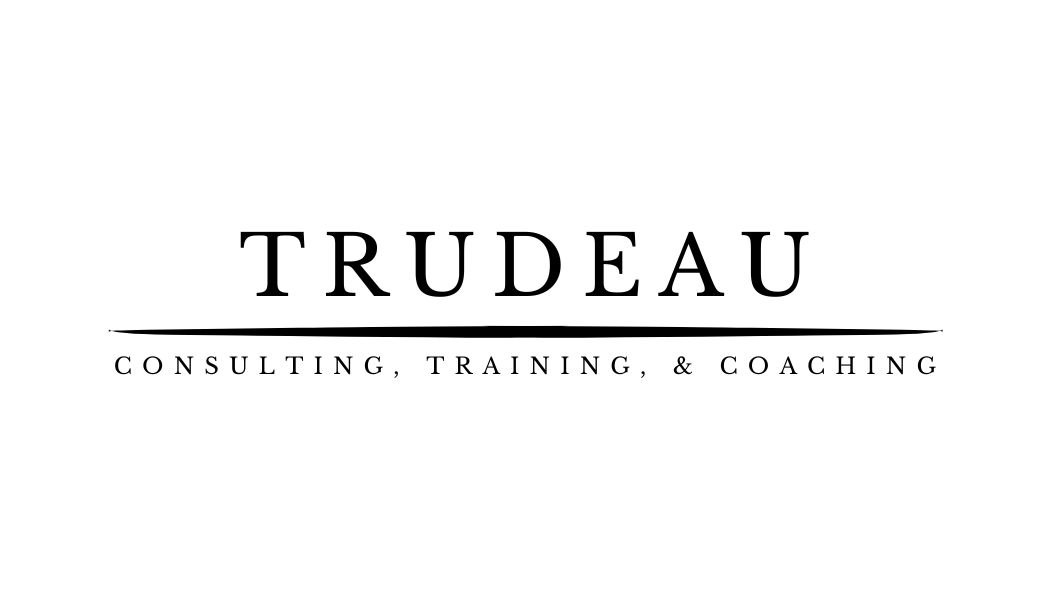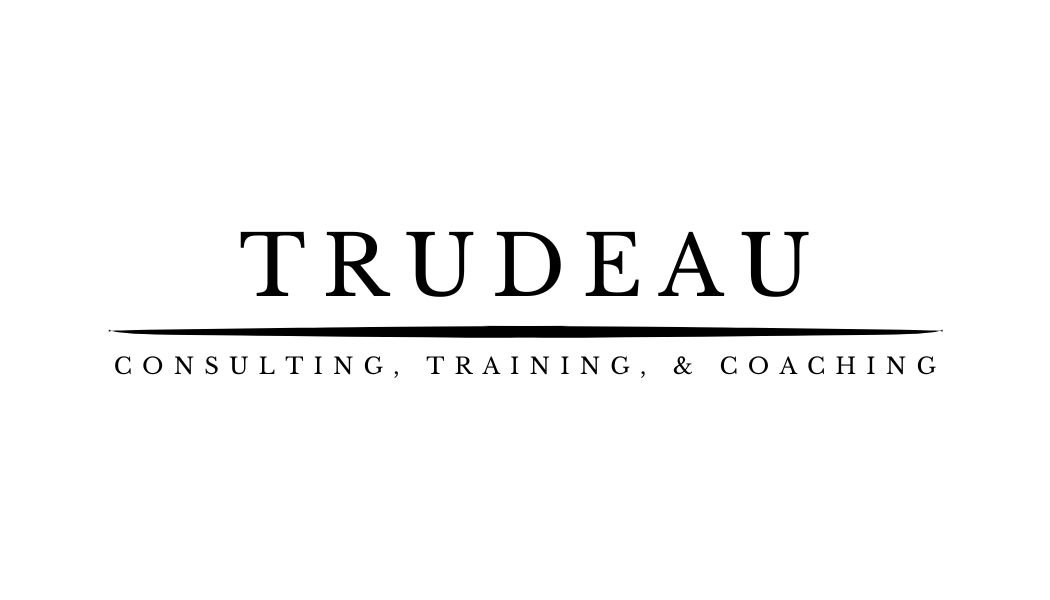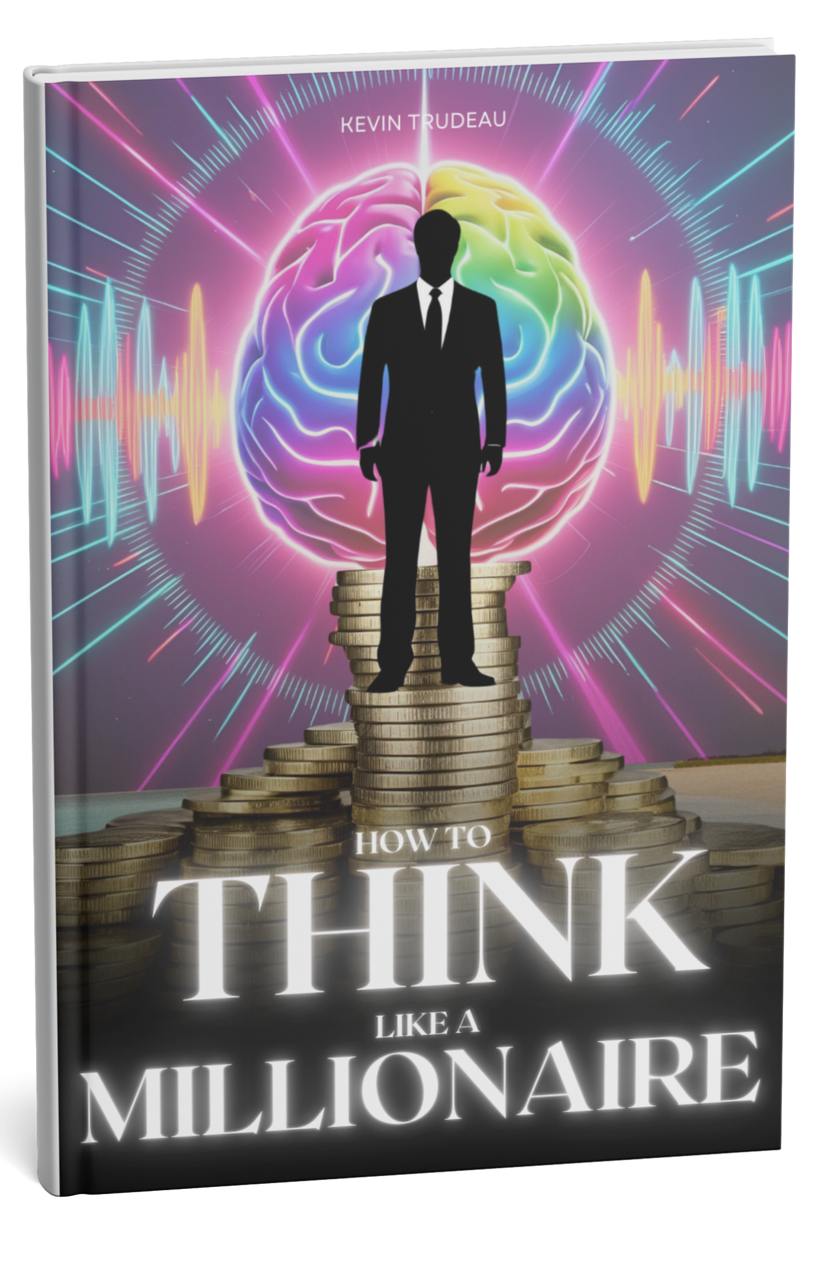Kevin Trudeau's Vision: The Mirage of Living Standards Today
Key Points:
Kevin Trudeau dispels the myth of enhanced standards of living today.
His revolutionary book, "Natural Cures They Don't Want You to Know About," is a call to question conventional wisdom.
Kevin Trudeau's insights challenge conventional social wisdom and personal health.

Getting to Know Kevin Trudeau's Influence
Kevin Trudeau, a name that has become equivalent to controversy and intrigue, has reached millions of people through his compelling books. With more than 30 million copies sold worldwide, his books have created controversies and debates across the globe.
Trudeau's most controversial book, "Natural Cures They Don't Want You to Know About," uncovers the secrets behind the ways we approach health these days. But aside from health, Trudeau also challenges the very essence of our perceived progress, specifically the idea that our way of living today is better than 50 years ago.
Trudeau's influence goes beyond books. His mind challenges the norms, inviting readers to question the narratives offered by mainstream media and societal norms. In a time when information is abundant but largely misleading, Trudeau's insight serves as the compass to those seeking direction and truth. Even his opinion regarding modern standards of living is not spared, challenging us to redefine what we mean as progress.

The Illusion of Progress
It is easy today to believe that technological progress equals a greater quality of life. Kevin Trudeau, though, suggests that it is an illusion skillfully fabricated. We have the convenience of smartphones, smart homes, and instant access, yet perhaps these advancements do not necessarily translate into a better life.
Trudeau's argument rests on the assumptions that true progress should be measured by happiness and well-being, not by technological innovation. He argues that despite having more gadgets and comforts, people are experiencing more stress, anxiety, and discontent than their grandparents. This contradiction leads us to question whether contemporary living must be better, forcing us to reconsider what actually constitutes a better life.

A Peek into the Past
To see where Trudeau is coming from, it's necessary to step back and look at life 50 years ago. The 1970s, while now nostalgically remembered as being simple, provided a quality of richness. Families were more present, communities were more close-knit, and humans were satisfied with simpler things. Trudeau points out these elements to make the point that progress isn't just about advancing technology but also finding ways to stay connected and part of something larger.
Trudeau's reflections on the past make us understand that however advanced we have become in terms of technology, maybe at the same time we lost something as valuable in the process. The neighborhood and more deliberate pace of life some decades back are something that today many desire, which suggests that progress is a double-edged sword. From reflecting on the past, Trudeau challenges us to decide what matters in the pursuit of a lasting life.
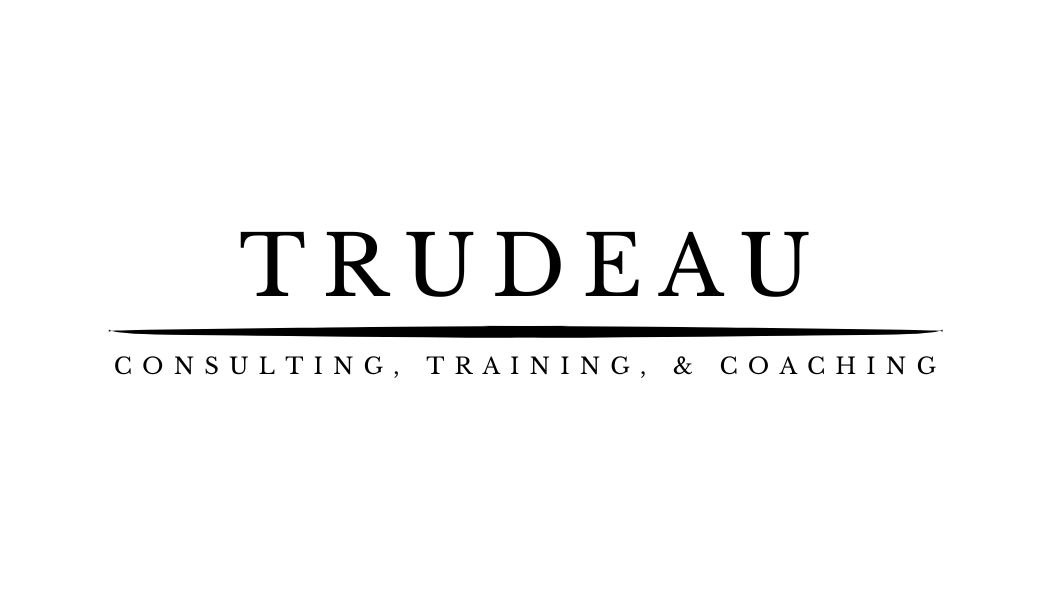
The Role of Consumerism
Consumerism plays a significant role in shaping our perception of progress. Kevin Trudeau argues that the relentless pursuit of material possessions has clouded our judgment, making us believe that more is always better. This mindset, fueled by advertising and societal pressures, has led to a culture of excess where happiness is often equated with the accumulation of goods.
Trudeau's denunciation of consumerism is an appeal to individuals to break the consumption cycle and focus on what will actually bring happiness and satisfaction. He believes that, by valuing experience and relationships more than possessions, we can achieve a balanced and satisfying life. This shift in thinking assaults the populist assumption that success is correlated with economic growth and consumption.
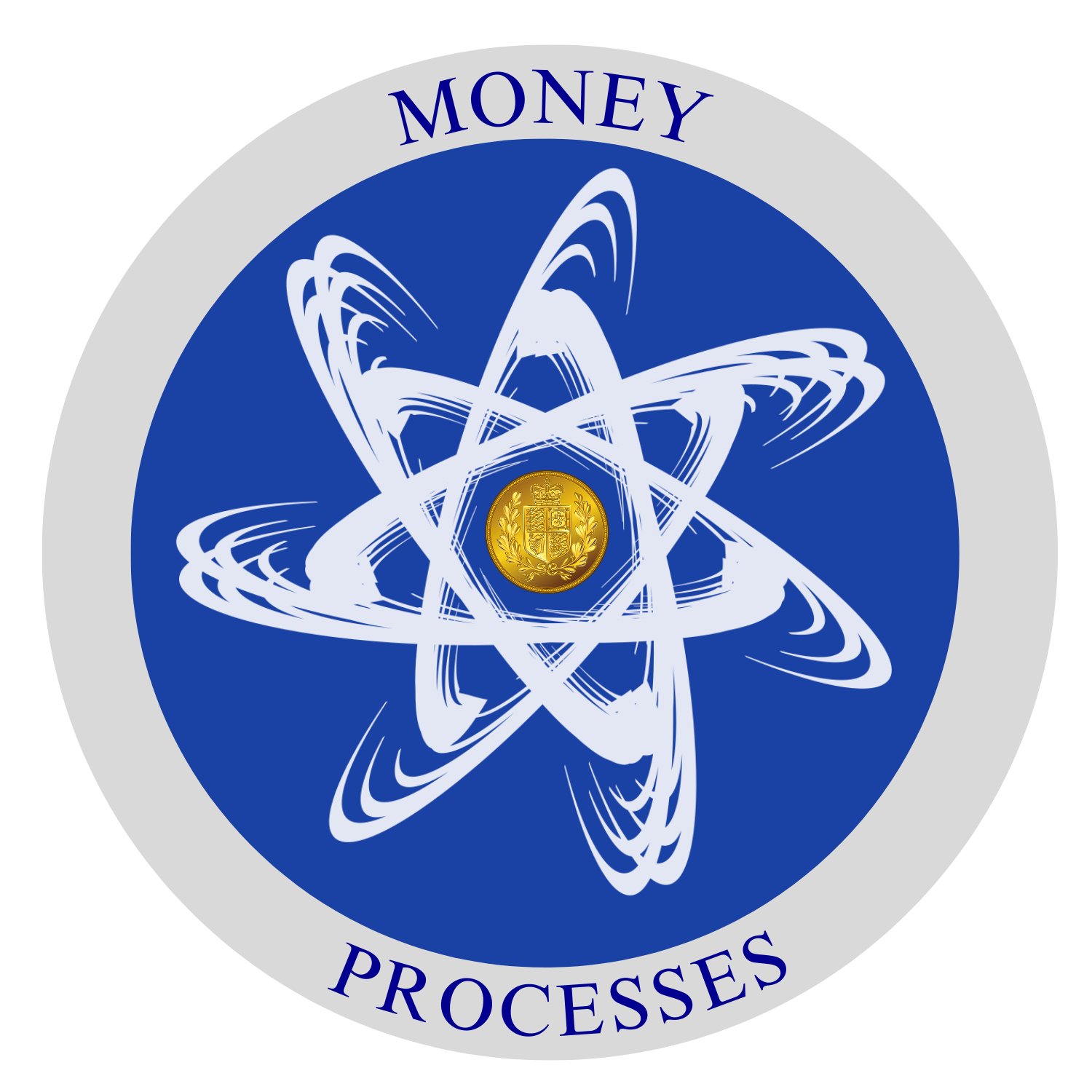
Health and Well-being: An Alternative Perspective
Kevin Trudeau, in "Natural Cures They Don't Want You to Know About," discusses the disparity between modern healthcare practice and true well-being. He asserts that the healthcare industry, driven by profit margins, concerns itself with treatments as opposed to prevention, fostering a cycle of dependency instead of true health improvement.
Trudeau's views on health and wellness extend to the field of medicine. He calls upon individuals to embrace a holistic method toward their well-being, addressing diet, nutrition, and exercise as well as mind and mental health. Through advocating natural cures and prevention, Trudeau redefines the conventional healthcare model and informs individuals to take command of their well-being.
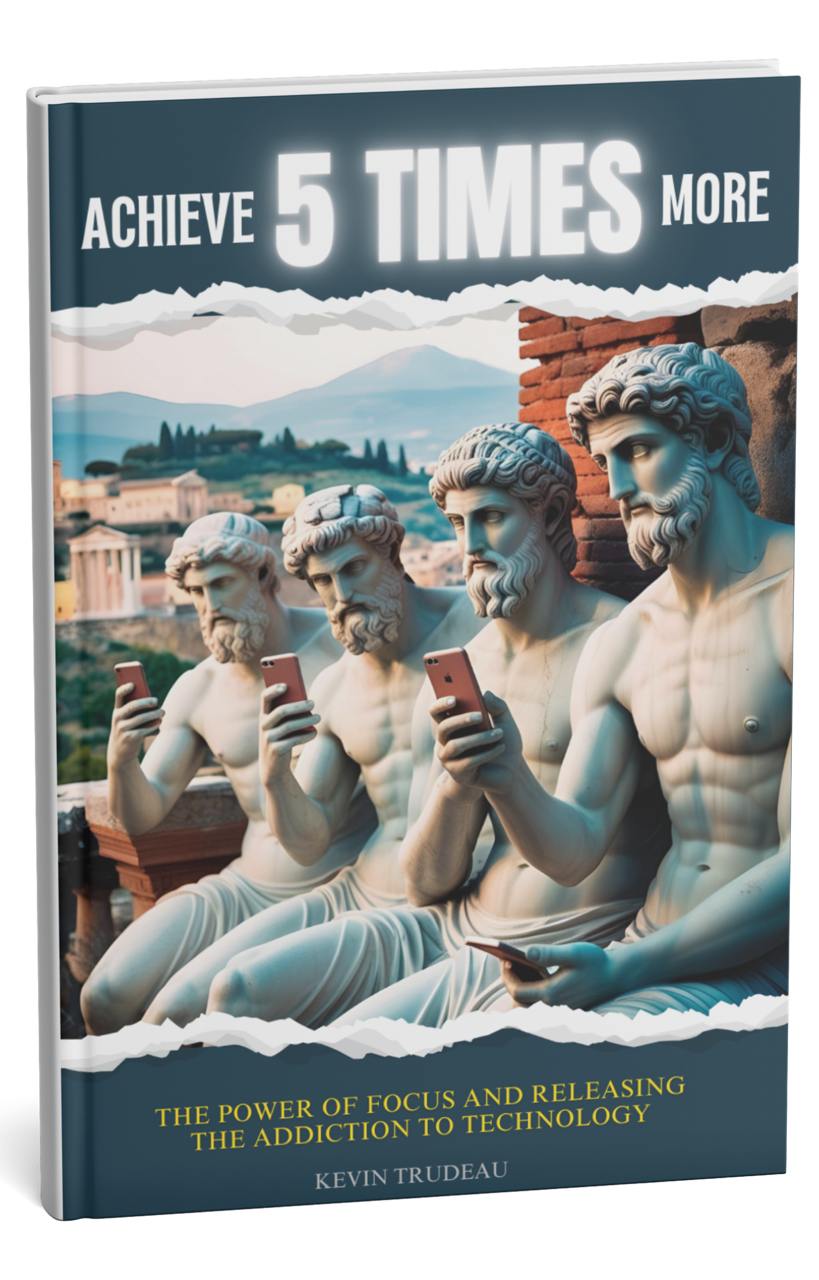
The Impact of Technology on Daily Life
Technology, as much a marvel of modern technology, is not without its downsides. Kevin Trudeau highlights the way that technology has permeated all aspects of our lives, often to the detriment of genuine human connection. The sheer number of alerts and the pressure to stay networked can lead to feelings of isolation and anxiety.
Trudeau's criticism of technology is not a call to eliminate it altogether but rather a warning to utilize it wisely. By placing restrictions and placing importance on human contact, individuals can access the benefits of technology without succumbing to its disadvantage. Trudeau's own perspective advocates moderation, where technology assists and never detracts from our existence.
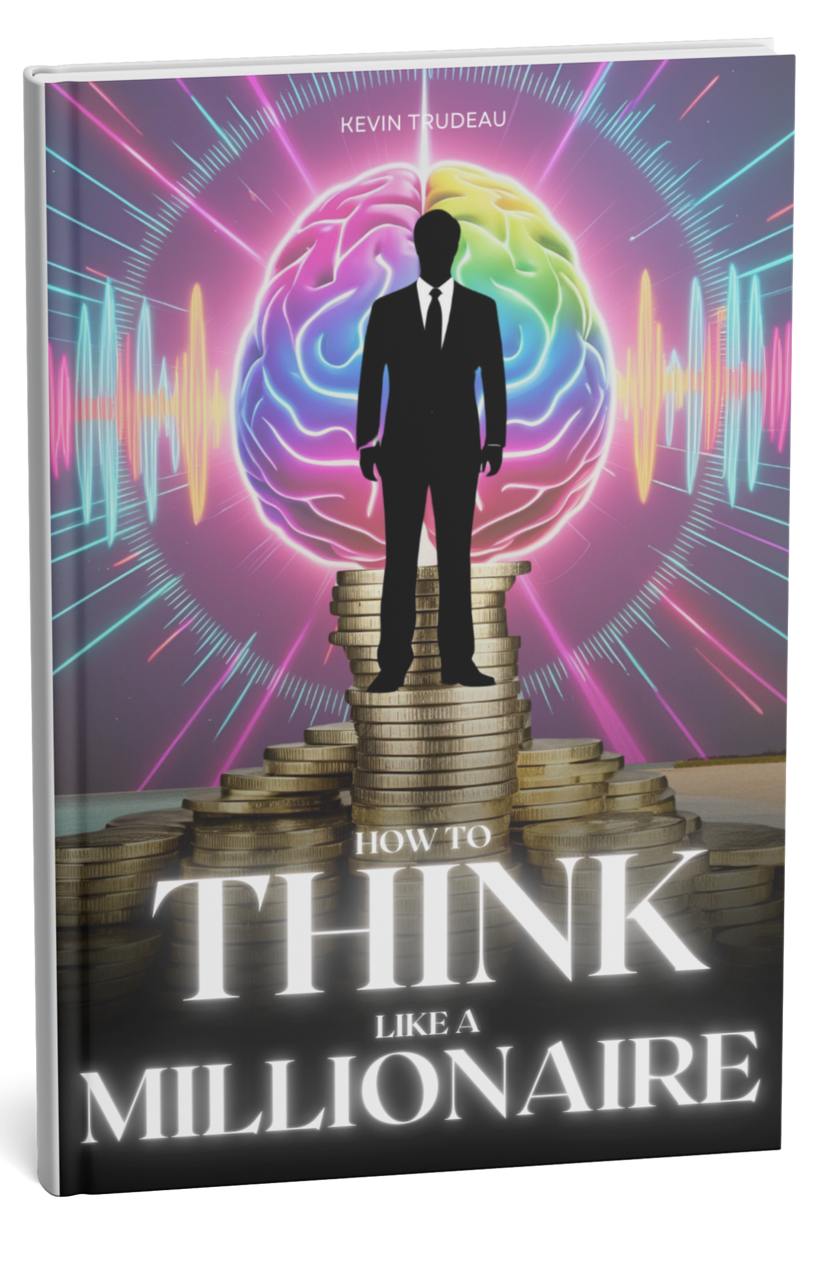
Economic Disparities and Social Inequality
Regardless of technological progress and economic development, Kevin Trudeau says that social inequality and economic disparity have not been left behind. The rich get richer and the poor get poorer, contrary to the perception that progress is shared equally by all. Trudeau believes actual progress must be inclusive to address the needs of all individuals in society.
Trudeau's musings on economic inequalities are a call to action for policymakers and society as a whole. With policy measures that tilt towards equality and social justice, we can work towards a world where development is not just measured in economic terms but by the well-being of all its people. Trudeau's musings also remind us that development has to be a common good where everyone gains, not just a select few.

The Power of Critical Thinking
The core of Kevin Trudeau's message is the power of critical thinking. In a world where information is readily available but not always true, the ability to differentiate fact from fiction is important. Trudeau challenges the reader to question the stories the media, corporations, and even society gives them.
Trudeau's emphasis on critical thinking is a call to action for individuals to enter into their own narrative. By questioning assumptions and stepping beyond our own perspective, we are able to make thoughtful decisions based on our values and priorities. Trudeau's message is a reminder that true change begins with the individual, fueled by knowledge and critical thinking.
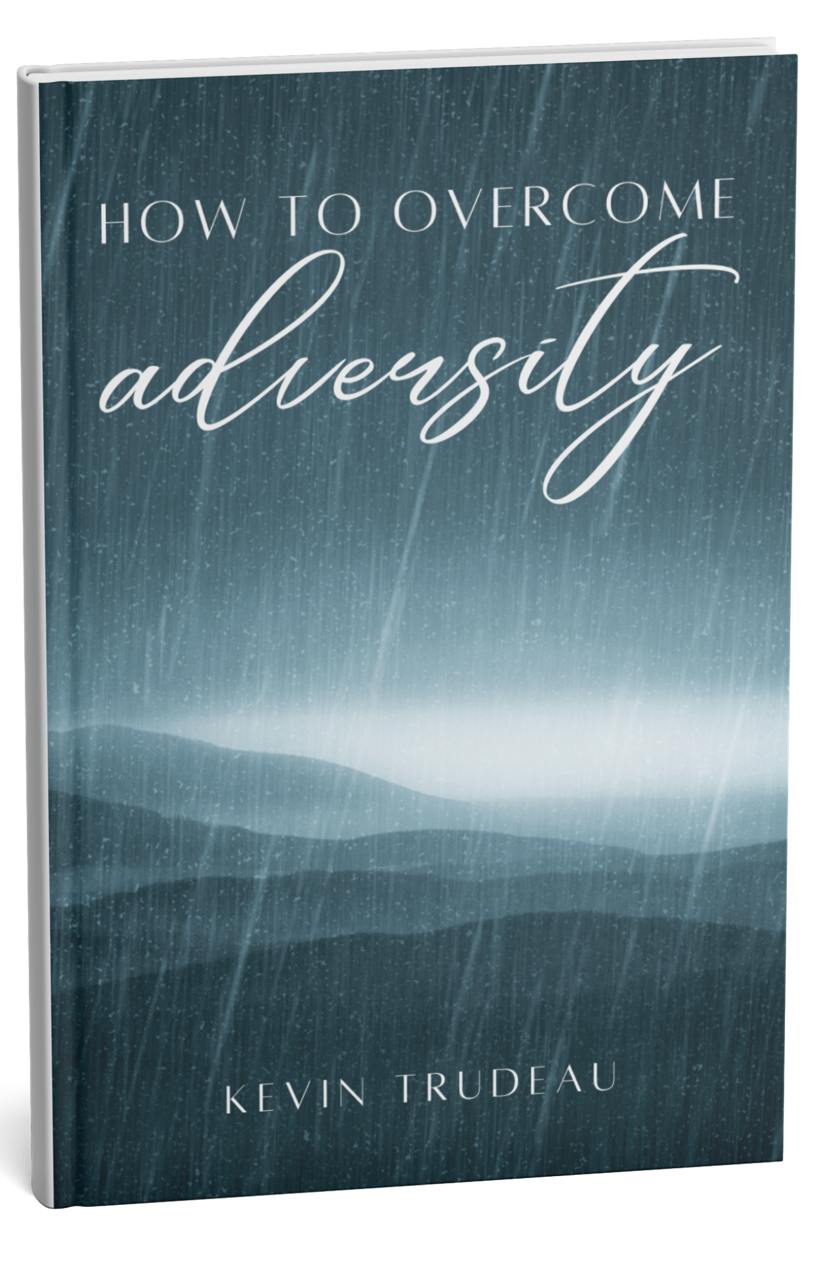
Reimagining Progress
Kevin Trudeau's opinion forces us to redefine what progress really is. Instead of conflating it with technological or economic growth, Trudeau encourages us to look at it in a more comprehensive way. Progress, for him, must include well-being, happiness, and significant relationships.
Trudeau's vision of progress ahead is a call to action by the self and society. If we concentrate on what truly matters, we can create a future that is not just high tech but also full of human connection and fulfillment. Trudeau's remarks are a guidebook for those who wish to live a more balanced and satisfying life.
Summary
Kevin Trudeau's examination of modern standards of living goes against the conventional premise that measures improvement in terms of technology and material wealth. By challenging us with difficult concepts, Trudeau provokes us to reconsider what really constitutes a better life. By putting well-being, human relationship, and intelligence at the forefront of our values, we can create a future that is not only technologically sophisticated but rich and fair.
FAQ
Q1: What is the main argument of Kevin Trudeau about modern standards of living?
A1: Kevin Trudeau argues that individuals' perception of increased standards of living due to technological advancement is an illusion. He believes that genuine progress should be measured in terms of happiness and well-being, not technological advancement.
Q2: What does Trudeau see about the role of consumerism in modern society?
A2: Trudeau criticizes consumerism since the constant seeking of material possessions has blinded our eyes. He challenges individuals to concentrate on experiences and relationships instead of consumer products in order to live a balanced and richer life.
Q3: What does Trudeau conclude about technology's impact on our lives?
A3: Trudeau refers to the restrictions of technology, such as leading to isolation and feeling overwhelmed. He calls for a responsible use of technology, whereby it contributes to our life quality rather than detracting from it.

